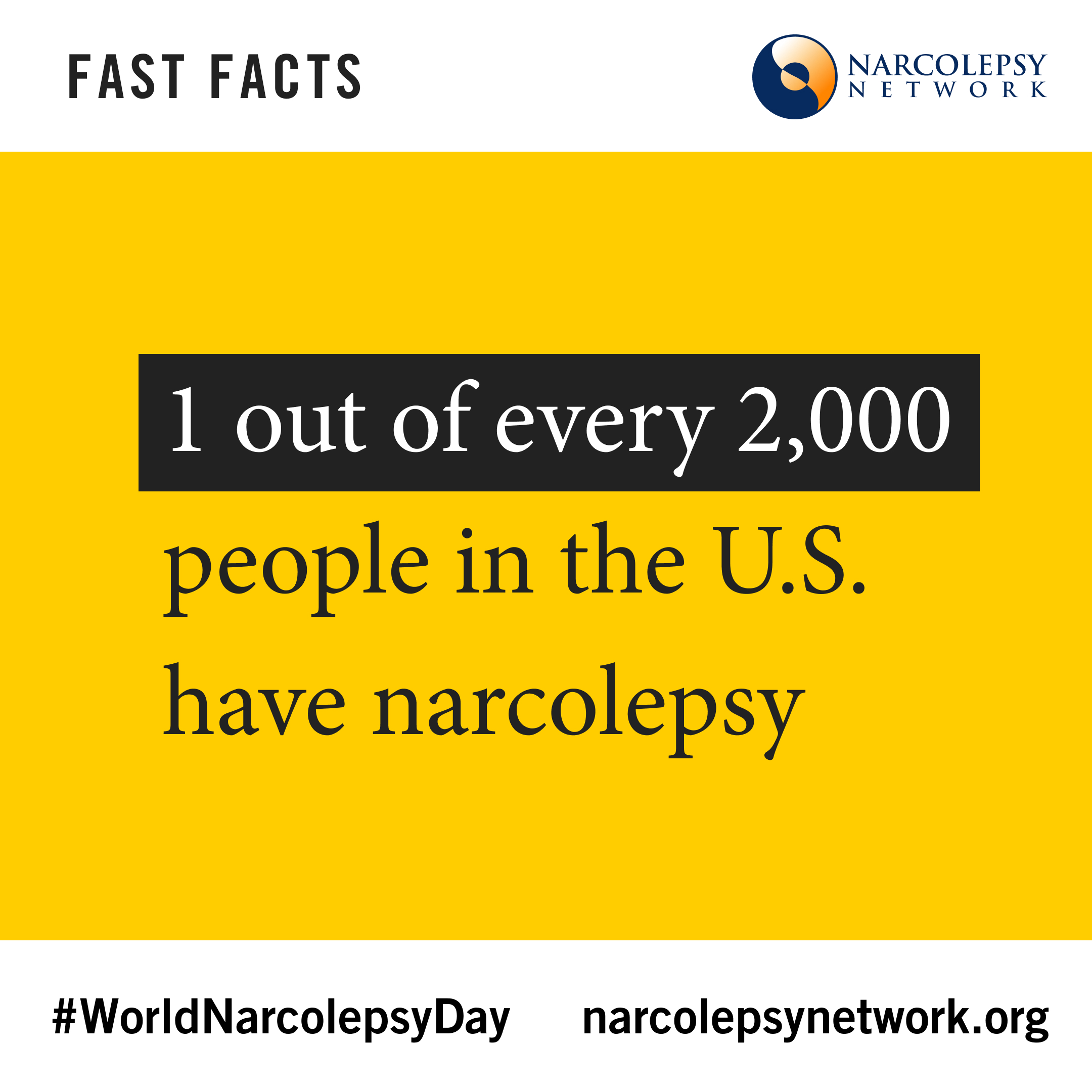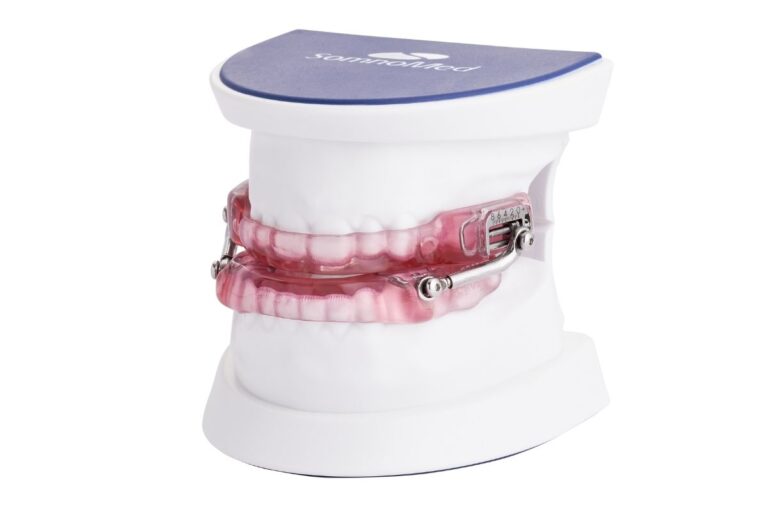Drowsy Driving is Impaired Driving – Drowsy Driving Prevention Week.
Drowsy Driving Prevention Week: Prioritize Sleep for Safer Roads
Drowsy driving is impaired driving. Most of us aren’t thinking about drowsy driving like drunk driving. Did you know sleeping only 3-4 hours is like having a few drinks? If you haven’t gotten enough sleep to drive alert, it isn’t safe to be behind the wheel. Changing plans is a responsible choice. Let’s wake up to the risks of drowsy driving, because the decisions we make matter.
As we observe Drowsy Driving Prevention Week, it’s a vital reminder for everyone to prioritize sleep and recognize the dangers of driving while sleep-deprived. At Comprehensive Sleep Care Center, we believe that well-rested drivers contribute to safer roads and fewer accidents.
The Dangers of Drowsy Driving
Did you know that drowsy driving, just like drunk, drugged, and distracted driving, it is a real public health issue, causing thousands of car crashes each year and killing an estimated 6,400 people in the U.S. alone according to the AAA Foundation for Traffic Safety. The National Highway Traffic Safety Administration reports an estimated 100,000 crashes each year are caused primarily by drowsy driving, resulting in more than 71,000 injuries and $12.5 million in damages. Sleep deprivation impairs reaction times, decision-making, and overall awareness, making it crucial to address this issue head-on.
Why Sleep Matters
Getting adequate sleep is essential for maintaining your physical and mental health. Adults typically need 7-9 hours of quality sleep each night to function optimally. When we don’t prioritize sleep, our ability to concentrate, react quickly, and make sound judgments diminishes significantly. Here are some tips to ensure you’re well-rested before hitting the road:
- Establish a Sleep Routine: Go to bed and wake up at the same time each day, even on weekends. This helps regulate your body’s internal clock.
- Create a Restful Environment: Make your bedroom conducive to sleep by keeping it dark, quiet, and cool. Consider using blackout curtains or white noise machines if needed.
- Limit Stimulants: Avoid caffeine and heavy meals in the hours leading up to bedtime. Instead, opt for a light snack if you’re hungry.
- Wind Down: Engage in relaxing activities before bed, such as reading or gentle stretching, to signal your body that it’s time to rest.
- Listen to Your Body: If you’re feeling tired during the day, take a short nap (20-30 minutes) to recharge, but avoid long naps that can interfere with nighttime sleep.
Tips to Avoid Drowsy Driving When Planning a Trip
When planning a road trip, it’s essential to consider your rest and alertness. Here are some tips to help you avoid drowsy driving:
- Plan Your Route Wisely: Choose routes with plenty of rest stops. Schedule breaks every couple of hours to stretch, hydrate, and recharge.
- Travel with a Companion: If possible, travel with someone who can share driving duties. This allows you to take turns resting and staying alert.
- Avoid Driving During Your Sleepy Hours: Be mindful of the times of day when you’re naturally more tired (often late at night or early morning). Plan your driving schedule around these periods.
- Get a Good Night’s Sleep Before Your Trip: Make sure you’re well-rested before embarking on your journey. Aim for 7-9 hours of sleep the night before.
- Stay Hydrated and Snack Wisely: Drink water and eat light, healthy snacks to maintain your energy levels without the crash that heavy meals can cause.
- Be Aware of Signs of Fatigue: Recognize the warning signs of drowsiness, such as frequent yawning, difficulty keeping your eyes open, or drifting from your lane. If you experience these, pull over and take a break.
Driving Alert
If you find yourself feeling drowsy while driving, it’s crucial to pull over safely and rest. The consequences of driving while fatigued can be severe, both for you and others on the road. Encourage your friends and family to prioritize their sleep and make responsible choices when it comes to driving.
Together for Safer Roads
As a community, we can work to reduce the number of drowsy drivers on the road. By spreading awareness about the importance of sleep and its impact on driving safety, we can help prevent countless motor vehicle crashes each year.
At Comprehensive Sleep Care Center, we are committed to helping you achieve your best sleep. If you or someone you know is struggling with sleep issues, don’t hesitate to reach out for support. Together, let’s prioritize sleep and make our roads safer for everyone.
Stay alert, stay safe, and drive well-rested!
For more information about sleep health and tips, visit our website or contact us at Comprehensive Sleep Care Center.


